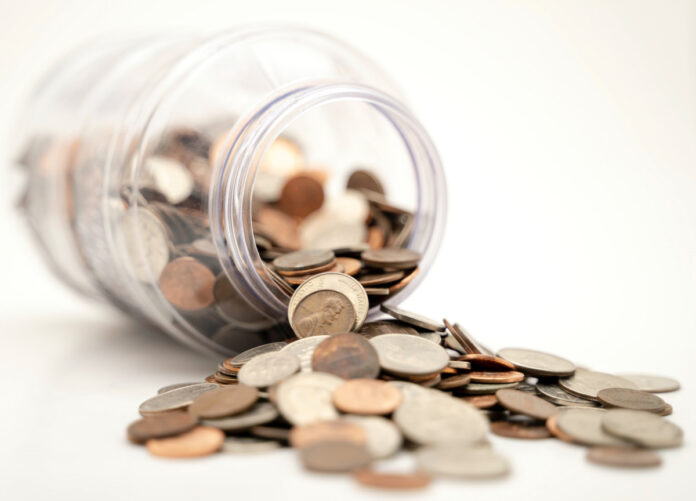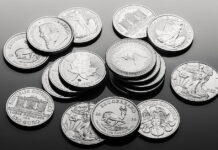As you probably know, on Wednesday the Fed raised its benchmark interest rate 75 basis point, or .75 percent, to 3 percent. It also signaled that more increases would be forthcoming. They want to manage a so-called “soft landing” to avoid sending the economy into a recession.
“We’re not trying to induce a recession now. Let’s be clear about that,” Fed Chairman Jerome Powell said.
Screw that! The only thing that will stop inflation is a big rate increase and a big recession. With inflation officially running at 8.6 percent and at twice that, raising rates in small steps will just extend inflation and draw out the process of curing it. It may cause stagflation, a period of inflation during a recession. As I wrote before, I am in favor of ripping off the Band-Aid and getting the pain over all at once.
But that will take a much higher federal funds rate.
Which is Worse, Inflation or Recession?
In a recession, times are hard for people who lose their job, and it can be tough for small businesses. However, it is not as bad for those who remain employed. Inflation, on the other hand, is bad for pretty much everyone across the board. Stagflation is the worst of both; It’s ugly.
Historically, periods of recessions are generally shorter than inflationary periods, which can go on for years, cycling up and down a few points. If inflation gets out of hand, it can lead to hyperinflation, which will destroy the dollar and our country and leave every one of us dead broke. Having $1 million in the bank won’t do any good when, thanks to hyperinflation, it buys as much as $1,000 does today. While I would prefer to avoid a recession and inflation, I’ll take a recession over inflation any day, and you should too.
During a recession, prices drop. That’s good for all consumers. As demand slows, supply catches up with demand and prices reset to some degree. That’s also good for all of us. If you want to buy a house, it will be cheaper after a recession and mortgage rates will be lower after a recession. During a recession, gas prices also drop. We’d all like to see that happen.
Of course, it’s not as good for people who wish to sell their house or who got upside down after a refi. But you can wait out a recession. Waiting out inflation is not recommended because it can lead to an inflationary spiral where wages and costs continue rising.
While people may lose their jobs in a recession, the government usually extends unemployment benefits so they can last a year or more. This provides some degree of a safety net that does not exist for inflation. It will not replace your paycheck, but it helps.
Recessions Occur Regularly
The country has experienced a recession every 7 or 8 years for the past 50 years. They often follow periods of growth. (Contrast that to inflation, which last occurred 40 to 50 years ago.) We know how to handle recessions, and we know they end.
The problem is that recession causes presidents to lose elections. Rather than suffer a loss, presidents starting with George W Bush pump billions of dollars into the economy when faced with the threat of a recession. Biden in 2021 pumped $1.9 trillion into the economy via stimulus checks and programs, followed by his $1.2 trillion infrastructure program. Biden pumped so much the economy overheated. (Of course, the Fed’s easy money policy helped.) This excess of money waiting to be spent and supply chain problems from the pandemic shutdowns combined to cause inflation.
What can you do?
We’ve covered what you can do about inflation before. Here’s what you can do to prepare for a recession:
First, hold off on making big expenditures. If we have a recession, their cost will probably drop.
Second, pay off short-term loans, credit cards, and anything with an adjustable rate as their interest rates will go up with every Fed rate increase.
Third, and we’ve said this before, do what you can to secure your job and ensure a steady paycheck. This is critical to surviving a recession intact.
Fourth, develop a side gig or a second job so you have multiple sources of income.
Fifth, build up an emergency fund to cover at least six months of expenditures. This can be tough to do while prepping, but that’s where the side gig or second job can help.
Sixth, look at picking up some great deals after the recession has bottomed out but before the recovery starts. If you haven’t lost your job and still have money in the bank, this can be the time to move to buy property or move to the country. Consider going to auctions and bankruptcy sales to find deals on equipment and gear.
Of course, it never hurts to have food storage and to be self-sufficient to the greatest degree you can manage. Your preps will help you survive whatever the economy throws at us.







